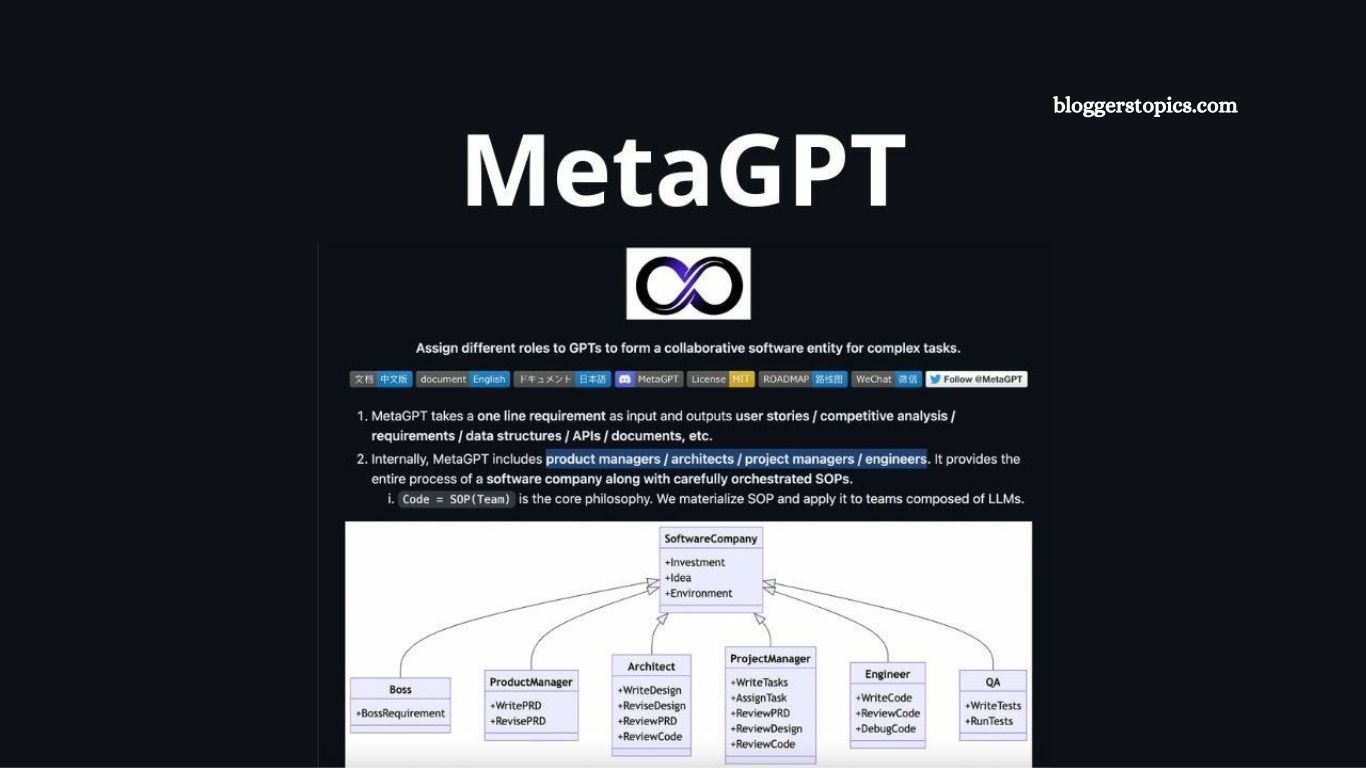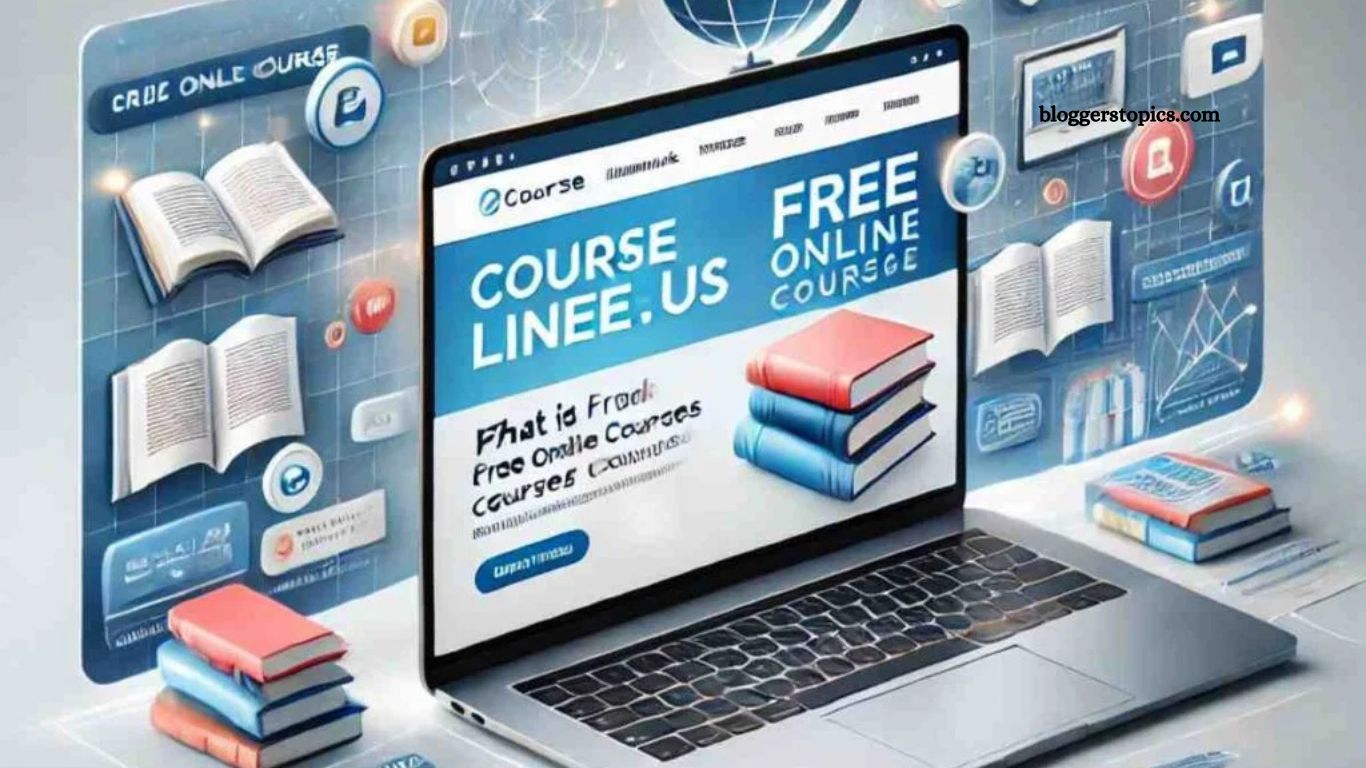The classroom of 2025 looks vastly different from traditional learning spaces. With the rise of artificial intelligence, immersive tools, and a global shift toward remote lifestyles, online education has transformed from a convenient alternative into a dominant force. Today’s leading platforms do more than deliver digital course they foster complete learning ecosystems where students, professionals, and entrepreneurs can develop practical skills, connect with mentors, and even launch ventures. These platforms blend flexibility, innovation, and accessibility, making education more personalized and future-focused than ever before.
In this article, we highlight the Top 10 online learning platforms of 2025, exploring how they are reshaping education and driving the next era of growth and opportunity.
Read More: Study Finds Keto Diet May Alleviate Symptoms of Major Depressive Disorder
Coursera: The Global University Without Walls
Coursera continues to stand as one of the most respected platforms for higher education worldwide. By 2025, it has partnered with over 300 leading universities and institutions, offering everything from short skills-based courses to full-fledged master’s degree programs. With Coursera Plus, its subscription model, learners gain affordable access to premium courses across disciplines. What sets Coursera apart is its use of AI-driven recommendations that tailor learning paths to individual career goals, making education both flexible and deeply personalized.
Udemy: Democratizing Skills for Everyone
Udemy thrives as a global marketplace for practical skills. Unlike traditional universities, it empowers professionals to share expertise in areas like coding, design, and business, while giving learners affordable, flexible, and hands-on alternatives to rigid academic programs. In 2025, Udemy’s adaptability shines—new courses on AI, blockchain, and emerging industries appear almost instantly, ensuring learners stay ahead of trends. This real-time responsiveness makes Udemy a go-to hub for freelancers, career changers, and lifelong learners determined to stay competitive in a fast-evolving job market.
edX: The Best Academic Courses Online
Founded by Harvard and MIT, edX has consistently set the standard for academic excellence in online learning. By 2025, its MicroMasters™ and professional certificate programs have become a trusted pathway for working professionals seeking affordable, high-impact credentials.
These programs not only enhance career prospects but also shape the future of global education. Leveraging immersive technologies such as virtual reality labs, edX bridges theory with practice, allowing learners to build hands-on skills from the comfort of their homes. This blend of rigorous academics and cutting-edge delivery cements edX as a leader in accessible higher education.
LinkedIn Learning: Where Skills Meet Networking
LinkedIn Learning goes beyond traditional professional development by combining skill-building with career advancement opportunities. In 2025, its unique value lies in integration—newly acquired skills can be showcased directly on LinkedIn profiles and made visible to recruiters.
The platform also personalizes learning recommendations based on targeted job roles, bridging the gap between learning and employment. For professionals seeking promotions, career changes, or visibility in competitive industries, LinkedIn Learning offers not just knowledge but a direct link to new opportunities.
MasterClass: Learning From Icons
MasterClass continues to inspire in 2025 by delivering high-quality video lessons taught by world-renowned icons—actors, athletes, chefs, entrepreneurs, and thought leaders. Rather than serving as a replacement for technical training, MasterClass offers something unique: a rare glimpse into the strategies, mindsets, and creative processes of top achievers. This makes learning feel like personal mentorship from the best in their fields, motivating students to think bigger, act bolder, and elevate their aspirations.
Khan Academy: Free Education for the World
Khan Academy remains steadfast in its mission to make free, world-class education accessible to everyone. By 2025, its adaptive AI-powered tutoring system offers personalized support, particularly benefiting younger learners mastering math, science, and other core subjects. With millions of students worldwide relying on it for exam prep and foundational knowledge, Khan Academy continues to democratize learning. Its non-profit model ensures accessibility and equity remain central, making it one of the most impactful platforms in the global education landscape.
Skillshare: Creativity and Collaboration Online
Skillshare thrives as a creative learning community where students learn through hands-on projects and peer collaboration. In 2025, its interactive workshops and project-based courses span design, illustration, photography, and entrepreneurship. What sets Skillshare apart is its emphasis on community—students engage in peer feedback, group projects, and collaborative learning, making the experience dynamic and social. For creative professionals and hobbyists alike, Skillshare provides both inspiration and practical skills while fostering connections across a global network of creators.
FutureLearn: Social Learning at Scale
Based in the UK, FutureLearn has grown into a powerful hub for collaborative and community-driven learning. By 2025, the platform offers micro-credentials and degree pathways in partnership with leading universities worldwide. What sets FutureLearn apart is its strong emphasis on social learning students actively engage in discussions, group projects, and debates, creating the feel of a classroom community within a digital space.
This interactive model not only builds knowledge but also fosters critical thinking and teamwork, making FutureLearn especially valuable for those seeking a more connected learning experience.
The Real World 2.0: Hustle Culture Meets Online Education
The Real World 2.0 positions itself less as a traditional academic platform and more as a global entrepreneurship network. Instead of focusing on degrees, it equips learners with practical money-making skills ranging from copywriting and e-commerce to cryptocurrency, freelancing, and business management.
By 2025, the platform has expanded internationally, drawing a large Gen Z audience eager for financial independence and alternatives to the traditional 9-to-5 career path. Its membership model combines lessons with direct mentorship from successful entrepreneurs, creating a fast-paced, results-driven environment. Advocates view it as a gateway to wealth in the digital economy, while critics caution that it promotes hustle culture. Either way, its influence on how younger generations define “education” is undeniable.
Duolingo: Language Learning for the People, By the People
Duolingo remains the world’s most popular language-learning app, and by 2025, it has expanded far beyond vocabulary drills. Its gamified learning model now covers not only languages but also math and other foundational subjects, making study sessions feel more like playing a game than completing coursework. Powered by AI, Duolingo delivers personalized, bite-sized lessons that adapt to each learner’s pace and progress. While it may not replace formal education, it continues to reign as the go-to platform for casual learners, travelers, and anyone seeking accessible, engaging learning on the go.
What Differentiates These Platforms in 2025?
Three defining characteristics separate the top platforms from the rest:
- AI-Driven Personalization: From Coursera’s career-aligned pathways to Duolingo’s adaptive lessons, artificial intelligence ensures learning is tailored, relevant, and effective.
- Real-World, Actionable Skills: Platforms like Udemy, Skillshare, and The Real World thrive because they emphasize skills learners can apply immediately in their careers or businesses.
- Community and Mentorship: Education is no longer a solitary pursuit. FutureLearn, Skillshare, and The Real World highlight collaboration, peer learning, and mentorship, fostering a sense of belonging.
The Future of Online Learning
The dominance of these platforms in 2025 suggests a future where learning is no longer bound by geography, rigid timelines, or traditional roles. Students and professionals alike can chart personalized pathways, learn at their own pace, and engage with experts across the globe.
From the academic rigor of edX, to the creativity of Skillshare, the accessibility of Khan Academy, and the entrepreneurial drive of The Real World 2.0, each platform brings something unique to the evolving landscape of education. Together, they are reshaping what it means to be “educated” in the 21st century.
The question is no longer whether online learning can replace traditional classrooms—it already has in many respects. Instead, the challenge for learners is deciding: Which platform will best prepare you for the future you want to build?
Frequently Asked Questions (FAQs)
Which is the best online learning platform in 2025?
The “best” platform depends on your goals. Coursera and edX excel in academic programs, Udemy and Skillshare focus on practical skills, LinkedIn Learning blends learning with career opportunities, while Duolingo specializes in languages.
Are online degrees from Coursera or edX recognized?
Yes. Degrees and certificates from Coursera and edX are offered in partnership with accredited universities and are widely recognized by employers.
Which platform is most affordable for beginners?
Khan Academy is entirely free, while Udemy often offers budget-friendly courses. Duolingo also provides free options with the choice to upgrade for premium features.
Can online learning replace traditional classroom education?
In many cases, yes. Online platforms offer flexibility, global access, and skills-based learning that often surpasses traditional models. However, fields requiring lab work or in-person training may still need hybrid approaches.
Which platform is best for career advancement?
LinkedIn Learning is ideal for career development because it integrates directly with job listings and recruiter networks. Coursera and edX also provide credentials that enhance employability.
Which platform is best for entrepreneurs or freelancers?
Udemy, Skillshare, and The Real World 2.0 focus on actionable, real-world skills that freelancers and aspiring entrepreneurs can use immediately.
Conclusion
The online learning landscape of 2025 is more dynamic, accessible, and impactful than ever before. From Coursera’s career-aligned pathways and edX’s academic rigor to Udemy’s marketplace of practical skills, Khan Academy’s free global education, and The Real World 2.0’s entrepreneurial focus, each platform redefines what learning can mean in the digital age.
AI-driven personalization, real-world skill development, and community-driven mentorship are the hallmarks of the platforms shaping the future. Together, they prove that education is no longer confined to classrooms or limited by geography—it is a lifelong, borderless journey.







